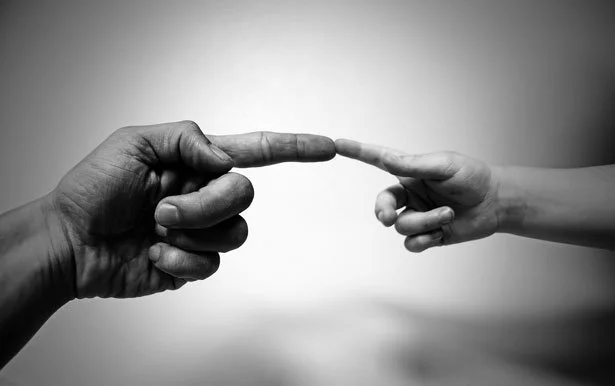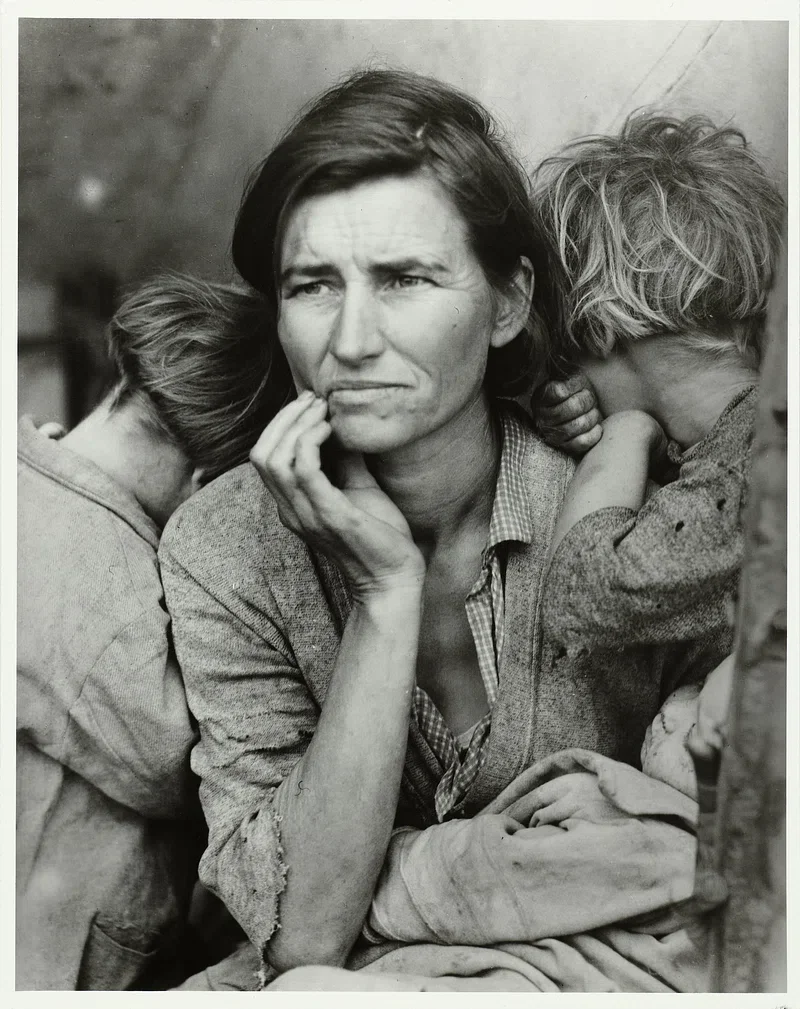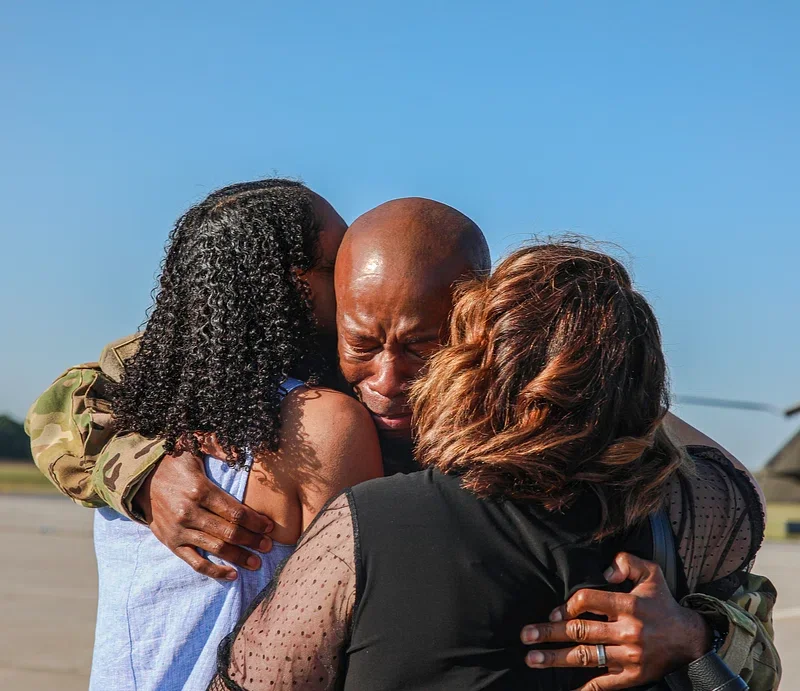
Human literacy
Our core mission is using the education system to give students the knowledge, skills, and dispositions they need to make a more just future.
Human literacy is the foundation of that future.
What is human literacy?
We define it as a set of knowledge, skills, and dispositions which allow students to:
Learn and observe the cognitive, emotional, and behavioral tendencies of individuals and groups
Understand how those tendencies evolved over time
Reflect on the positive and negative impact of those tendencies
Examine ways to mitigate the tendencies which have negative impacts in order to create a more humane society
Why human literacy?
Humans face immense societal challenges: climate change, wealth inequality, declining mental health, bias and parochial empathy, and rising authoritarianism … to name a few.
At their core, each of these challenges is created by human behavior.
Human history is littered with technological developments, but those new technologies often become means by which humans treat each other and the environment in the same, often very unhealthy ways that we have tended towards over the last several centuries.
It seems then, that while technology certainly holds the potential for positive change of some fashion, those changes will only be achieved with these tools if those wielding them have evolved more thoughtful ways of understanding and mitigating our unhealthy tendencies.
Imagine instead a world where…
all students leave high school understanding the role human psychology plays in creating the crises we face
all students have the conceptual vocabulary to discuss and analyze their observations of human behavior
they have the dispositions to recognize, call out, and reduce unhealthy behaviors
How can education develop human literacy?
Significant shifts are needed to reorient the K-12 system towards developing human literacy. If we want students to develop the competencies listed above:
Educators need opportunities to internalize these competencies
Families and communities need to understand the vital implications human literacy has for the well-being of youth and society
Learning experiences need to integrate a focus on interpersonal and intrapersonal understanding
Cross-disciplinary approaches must be employed to allow students opportunities to synthesize and apply skills across subject areas
Students need to be exposed to the challenges we face and develop the belief and desire to solve those challenges
By no means does 24th Century Education pretend to have all the answers, but we are firm in our belief that human literacy is the learning most essential for individual and collective well-being.
What are your thoughts? Click the email below or use the contact form on our homepage to share your thoughts.

